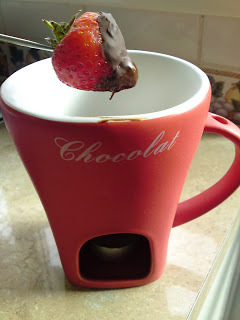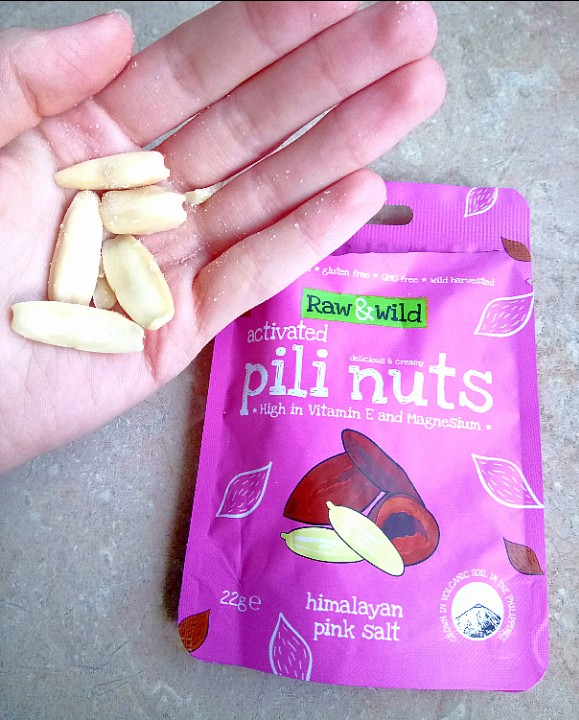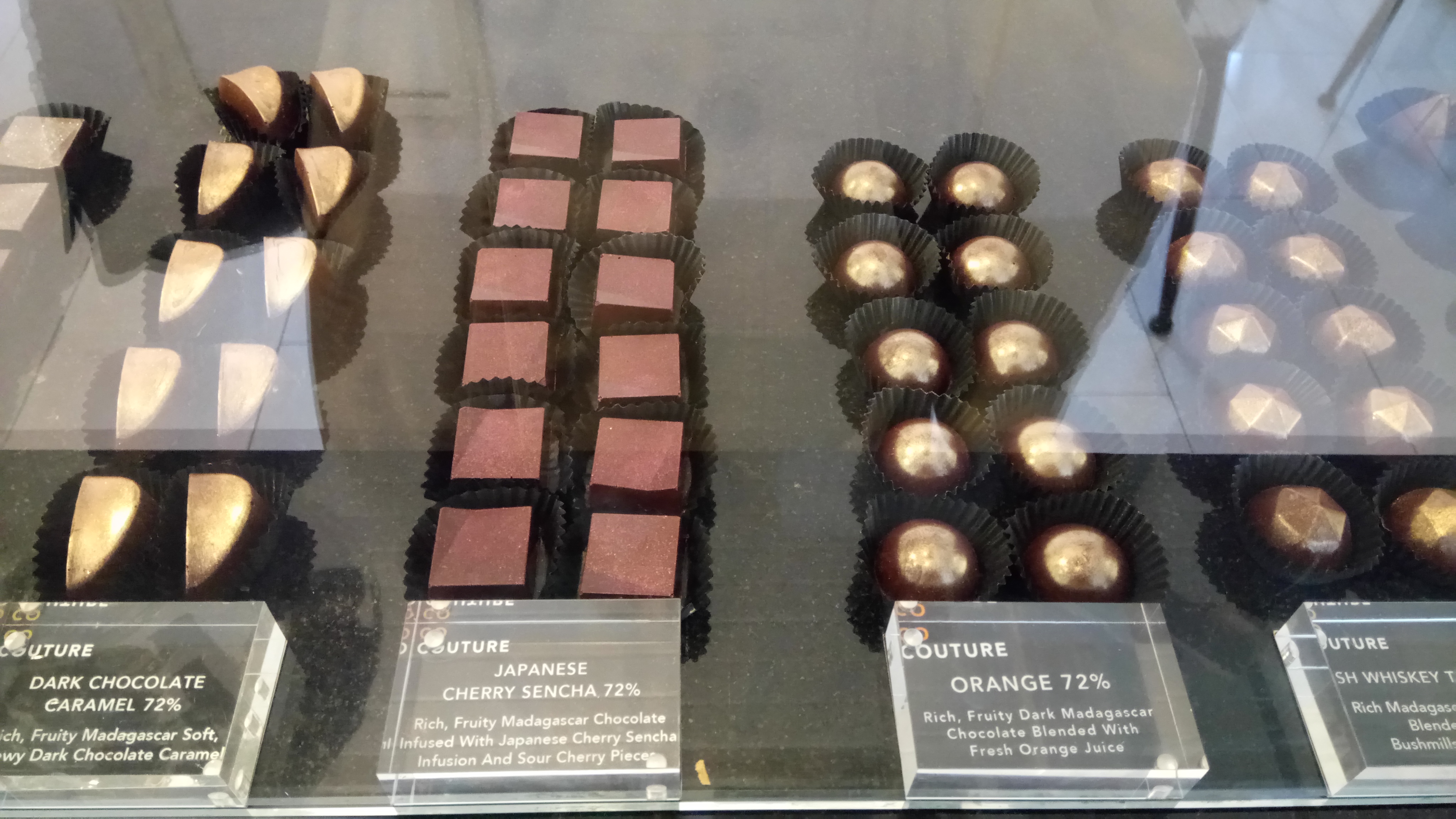Over the years as I’ve become more educated on ingredients and what proper food is, I’ve started to see that it’s so easy to be fooled into thinking you’re buying something good by the buzzwords on the packet.
When I first developed my troubled acidic stomach, one of the suggestions I was given was to cut out potential allergens to see if they were the trigger. So I began with gluten free, then dairy free, then both together, but at that point I wasn’t well educated on proper food and my cooking skills were woeful so I turned to using packaged free from products. What I noticed was that there was no difference in my symptoms when I cut it all out, so why did I still have symptoms and hadn’t gotten any healthier while eating these so called “healthy” gluten and dairy free packaged foods?
As I learnt more about food over the following years I noticed this was due to that although something may have the words “gluten free” or “vegan” across it, doesn’t necessarily mean it is healthy. When I began cooking from scratch and making a lot more of my own food from natural wholesome ingredients, this was when the changed happened. Now, in full honesty, my symptoms did not totally, 100% clear up but they did make a significant and welcomed improvement, even though some of the foods naturally contained dairy or gluten such as plain yogurt or rye sourdough.
Below are some examples of buzzwords that marketers may use in order to make you think their product is healthy and therefore that you should buy it.
Examples
1. Vegan: Oreos are vegan, however this does not mean you should be feasting on them every day. I have also seen people snap up vegan hand washes thinking they’re healthy; this isn’t always the case as although it may not contain any animal products, it doesn’t mean they don’t contain harmful, irritating chemicals from a lab.
2. Gluten free: Food that says gluten free on it may not contain gluten which is great for coeliacs, but double check the ingredients as it may contain loooads of unhealthy non gluten ingredients like refined white flour, plus it can still have tons of refined sugar in it which although is gluten free, is not good for you. There’s a certain macaroon out there on the shelves which is gluten free but has quite a lot of refined sugar in it which I would suggest people be wary of.
3. Fat free: This one really annoys me, especially as I see many young girls concerned about weight and looks who fall for this one hook, line and sinker. Just because something is fat free doesn’t mean it’ll make you fat free! Very often if something is fat free they need to replace the pleasant taste and texture that the fat gave the product by adding in lots of sugar or flavourings. There’s a great quote I read once which goes “if you read the words fat free then you should think chemical s**t storm”. This sums it up perfectly.
When I first compared a full fat mayo to a low fat version I couldn’t pronounce half the ingredients in the low fat one. Try this one yourself and you’ll see what I mean.
Now there are exceptions to the rule, e.g. organic low fat or no fat yogurt that is plain, with no other ingredients, just 100% milk/yogurt, although some of the nutrition has been removed as most of the vitamins are fat soluble, there is still some nourishment in it e.g. calcium, so I’m not totally against this, especially for those who require a calorie restricted diet. But don’t be afraid of full fat all the time and do read the ingredients to check before you buy.

4. Sugar free: Yes, I am mindful of sugar content but no I do not jump at every product that has these words on the front of it. Products that label themselves as sugar, fat AND calorie free all at the same time yet taste just like caramel are simply too good to be true. I’ve checked out products like this and they contain multiple un-natural ingredients like artificial sweeteners as well as preservatives without any nourishment, this is not something you want to be putting into your body on a regular basis.
Most sugar free sweet products contain an artificial sweetener which I avoid and the more I learn about them the more I’m encouraged to continue doing this. Although it was a small study, research highlighted on the BBC show “trust me I’m a doctor” showed the different effects that an artificial VS natural sweetener had on people, the artificial one distorted gut bacteria toward an unfavourable one and their sugar levels had actually increased: http://www.bbc.co.uk/programmes/articles/51yxBQyvqpNYPT3PF0LGL3G/are-artificial-sweeteners-bad-for-me
Previous, similar studies on mice have shown similar results and effects were reversed by antibiotic use showing that saccharin does have an impact on gut bacteria. The effects won’t be the same for everyone, they can differ in magnitude between people but potentially altering my gut bacteria in a negative way is a risk I’d prefer not to take.
Another sweetener, sucralose, has been found to promote appetite as it’s so sweet that it tricks the body into thinking it’s eating something high in energy/calories but as it doesn’t get this energy from the sweetener, it promotes calorie consumption until it does: https://www.sciencedaily.com/releases/2016/07/160712130107.htm
Now there are some natural ones which have been used in certain parts of the world for years without any noticeable side effects and therefore may be safe, but before I go guzzling them daily I’d prefer to wait a bit longer for more research to come out about them.
I feel moderation is the key with sweetening food and where possible, fruit is a great option that provides nutrition too.

5. Organic: Now I’m a big organic food fan, but the same rules apply here that I’ve mentioned above, just because a few of the ingredients are organic, doesn’t mean they all are and doesn’t mean there isn’t other stuff in there which you should try to avoid e.g. organic rice cakes that are not wholegrain but are also covered in refined sugar based coatings, this isn’t kind to your energy levels even though it’s organic, so try to choose a better option if possible or reserve them just for occasional treats.
Conclusion
There’s nothing wrong with proper, wholesome naturally gluten, dairy free etc food, however, when something is packaged with a long list of ingredients, half of which you can’t pronounce, just because it has “gluten free” or “vegan” plastered across the front of it doesn’t mean it’s healthy.
The best way to not be a victim of packaging buzzwords is to cook as much as you can from scratch but I know this is not always possible therefore read the ingredients before you buy and educate yourself on what ones aren’t doing your body any good.
Much love and hoping this has helped,
Siobhan xx










